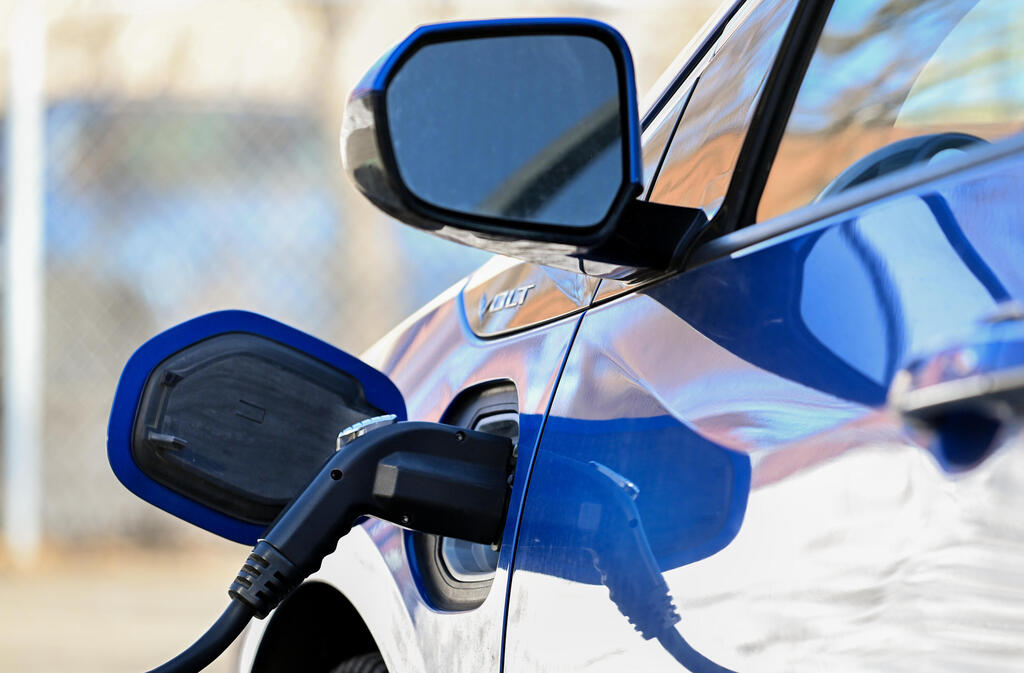
Security fears push IDF to restrict Chinese cars, then all EVs, from sensitive base
Base order reflects growing military worries over China-linked tech and connected vehicles.
IDF service personnel who own electric vehicles and serve at the Israeli C4I Corps (Command, Control, Communications, Computers, and Intelligence) base in Tzrifin in central Israel have been instructed to park their cars in a designated area away from various facilities on base. This marks the first known instance in which electric vehicles are not permitted to park near security-sensitive facilities within IDF bases.
Last week, personnel at the base received a directive stating: "Due to a parking shortage and considerations regarding vehicles manufactured in China, starting Sunday, China-made cars will be allowed to enter the base, but only to a designated parking area reserved for such vehicles."
The directive stated that every vehicle manufactured by a Chinese company that enters the base starting Sunday will receive a special sticker to assist with management and monitoring. However, after a few days, the wording of the directive was changed to apply to all electric vehicles, not just Chinese ones. It is worth noting that the directive applies only to this specific IDF base.
In February of this year, the Ministry of Defense announced the list of vehicles that won the IDF's leasing tender, from which several Chinese manufacturers were excluded due to information security concerns. The IDF is not the first military to ban certain types of vehicles from entering its bases over fears of data breaches. A few months ago, the British Army prohibited China manufactured vehicles from approaching its bases.
The IDF Spokesperson stated in response: "As part of an ongoing risk assessment and information security considerations, it was decided at this specific camp to allocate a designated area for parking electric vehicles within the base, pending further clarification on the matter. This is not a general directive applicable to all IDF bases, and the issue is under continuous review and monitoring."














